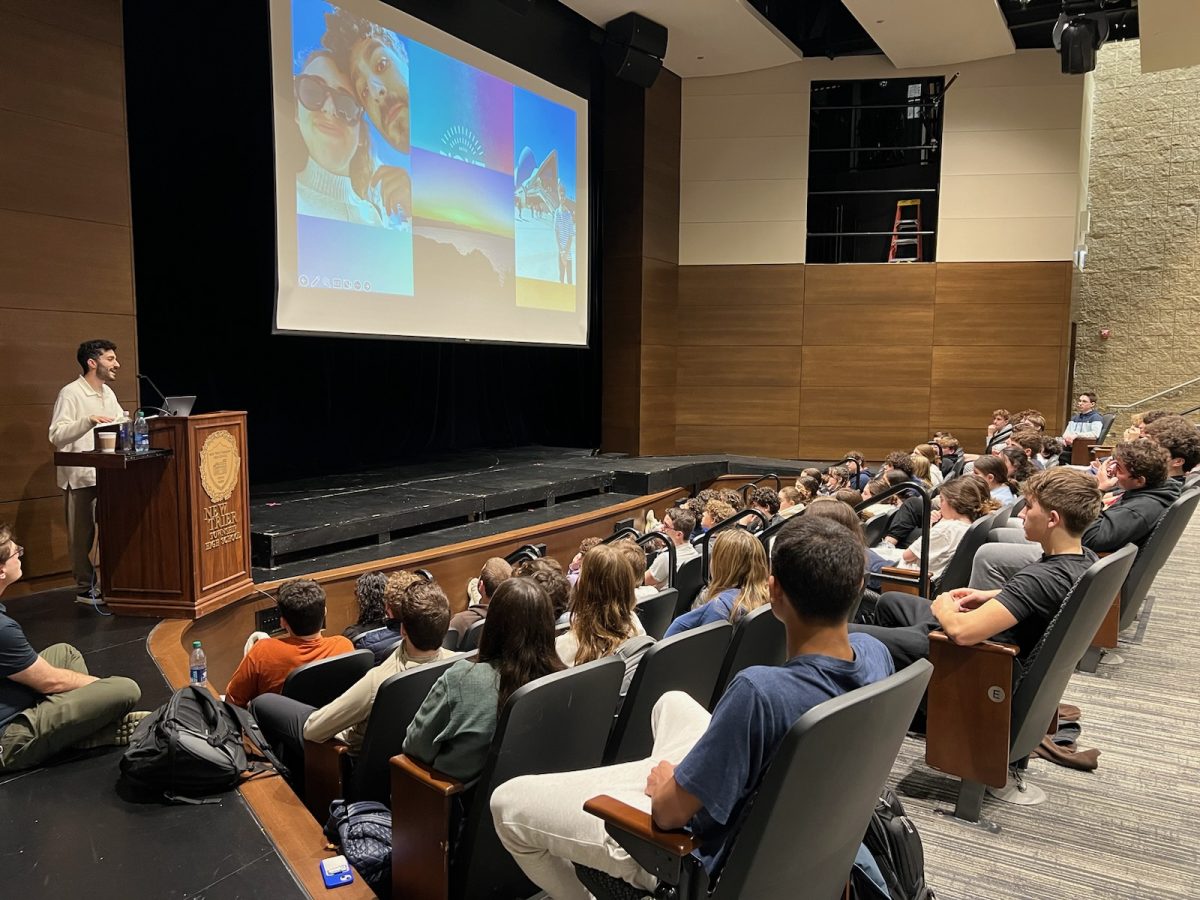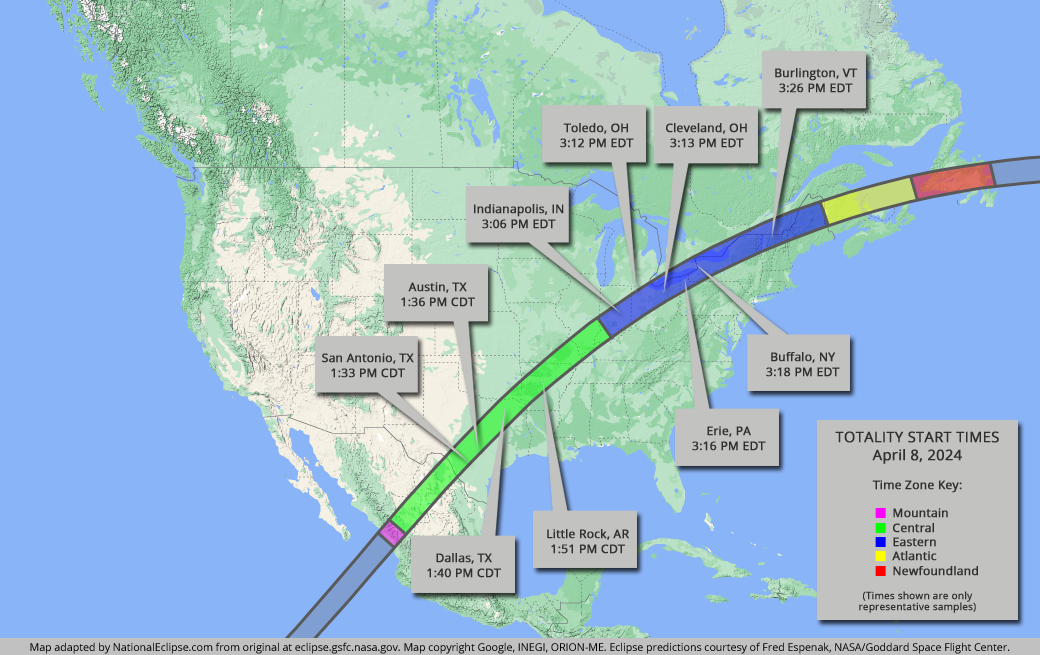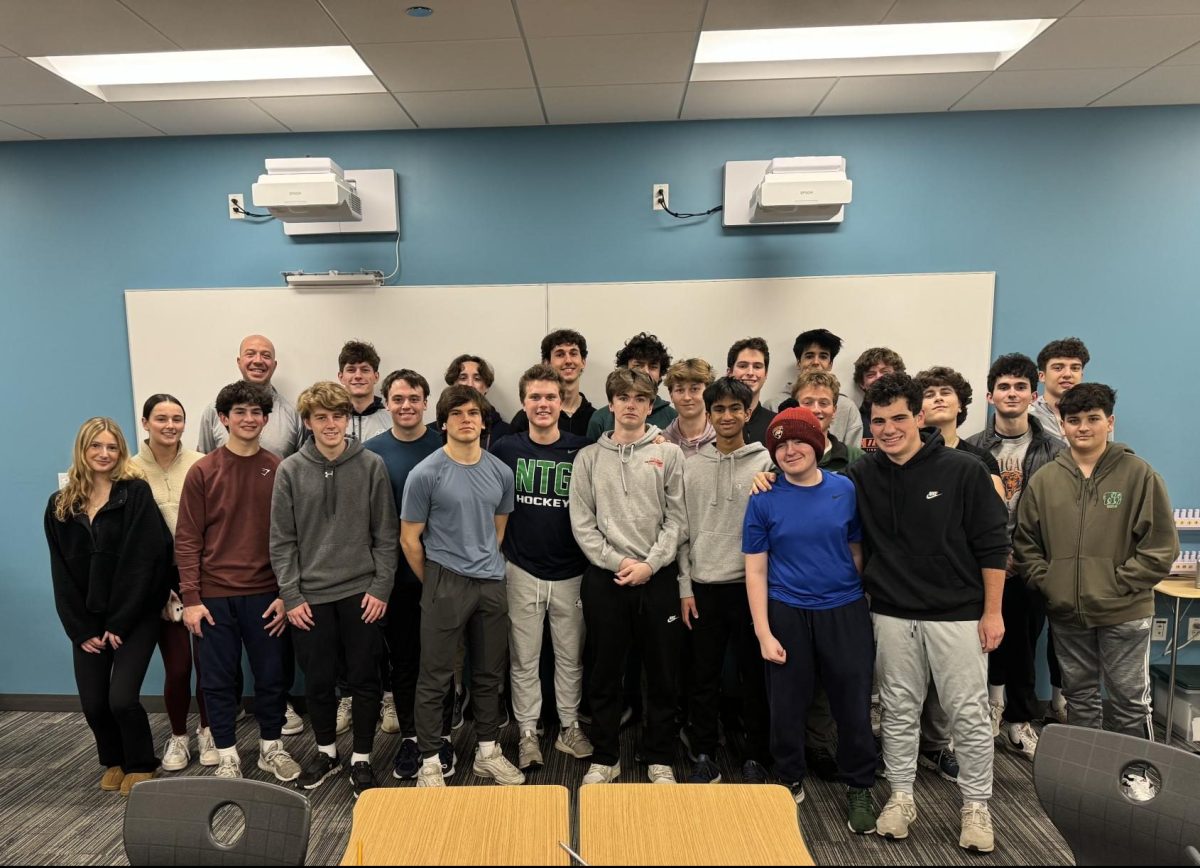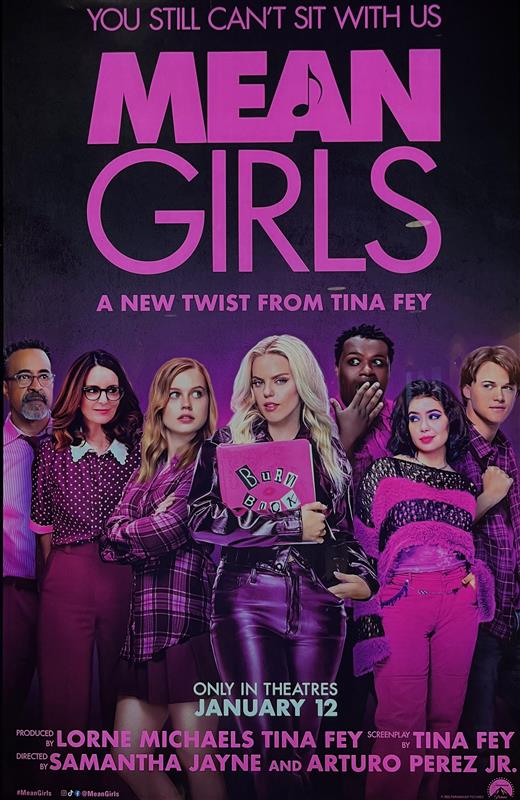Don’t believe all the noise
On Monday night, Facebook exploded with activity as students frantically dug through it for any information they could find on a possible snow day. In the end, the snow day ended up having as much of a chance of happening as the Near True News has of getting out more than three issues this entire school year. (We can dish it out too, funny guys.)
But the real story wasn’t the school’s refusal to cancel school on Tuesday, which turned out to be the correct—though frustrating for seniors—decision. The main event came during multiple pranks, ranging from simple (screenshots of adjusted web pages) to downright impressive (hacking into the New Trier website to announce a snow day).
Confusion ensued on Facebook from about 10 p.m. to midnight as students struggled to separate truth from pranks. But once again, we as humans proved that we’re just not very good at doing that.
Despite the fact that no official word had come in from the school by phone or email, many immediately hopped on board the snow day express, celebrating our apparent midweek off-day.
Even people that simply posted “WE ARE HAVING A SNOW DAY!” with no credible source for their information were taken at face value. (Yeah, I know I was one of those clowns. Deal with it.)
My point is not that New Trier students are especially gullible. Rather, everyone is extremely gullible. How long did professional sports reporters eat the sob story of fake girlfriend Lennay Kekua out of Manti Te’o’s hand? Last year, rumors flew around Twitter that Paul McCartney had died and the reaction was so big McCartney himself had to come out to prove he was indeed still alive (even if his relevancy kicked the bucket after he made the unfortunate decision to marry Heather Mills). And of course, we will always have our hometown Chicago Tribune reporting “DEWEY DEFEATS TRUMAN” on election night 1948 when, well, Truman defeated Dewey.
In this day and age, information moves faster than ever, and frequently it’s false. Chances are breaking news deserves some scrutiny before you take it as gospel. However, this is difficult as pranksters get better and better as technology improves.
This problem can be easily rectified with a little fact checking and proper investigation of a claim. Unfortunately, in the push to be the first to know everything, these crucial steps have fallen by the wayside.
If you went on Facebook and someone posted a screenshot of the New Trier website saying, “Senior Harry Kroll was given the ‘Coolest Guy in the Entire Country Award’ by President Obama,” would you believe it? Of course you would, but a less realistic selection would make you question the optometrist who told you that you don’t need corrective lenses.
But in the end, the absurd scenario of Obama even creating a ‘Coolest Guy in the Entire Country Award’ (for anyone besides me of course) is just as factual as us having a snow day last Tuesday.
I’m certainly not innocent of this. I’ve bought into plenty hoaxes in the past and looked silly doing so along with everyone else. It’s time for us all to finally learn our lesson.
So next time you go on Facebook or Twitter and see big news with no sources, take your willing suspension of disbelief down a few notches.
Maybe you’re reading that Dr. Yonke just found the cure for all types of cancer. Or perhaps that the Near True News just completed a full issue without a desperate countdown in 24-point font to eat up space (don’t fight with the best, satirical buds). Possibly something completely absurd like Kenilworth becoming a place accepting of diverse ethnicities and religions.
All of the noise is just that—noise. We should keep that in mind.









































